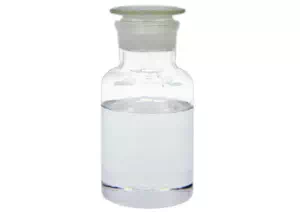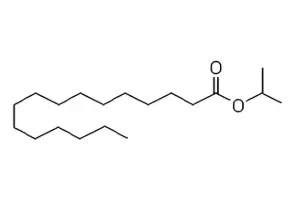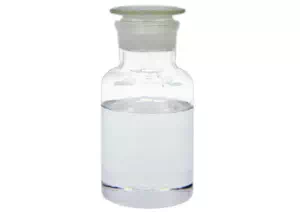Isopropyl palmitate Information
| Chemical Name | Isopropyl palmitate |
| CAS | 142-91-6 |
| EINECS | 205-571-1 |
| Molecular Formula | C19H38O2 |
| Molecular Weight | 298.5 |
| Spice Type | Synthetic fragrance |
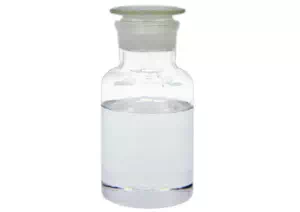
Isopropyl palmitate Uses
Isopropyl Palmitate (IPP) is an ester compound synthesized by the esterification of palmitic acid and isopropyl alcohol. Due to its unique chemical properties, it is widely used in the fields of flavors and personal care.
I. As a flavor solvent
Solubility and stability: Isopropyl palmitate has excellent solubility for fat-soluble flavors (such as essential oils and synthetic flavors), which can help evenly disperse the flavor ingredients and avoid precipitation or stratification. For example, in perfumes, it can dissolve high concentrations of aromatic substances to ensure the stable release of fragrance.
Prolong the fragrance retention time: Its low volatility can slow down the evaporation rate of the fragrance and prolong the fragrance retention effect of the product. It is often used in high-end perfumes or long-lasting body sprays.
II. Fixative
Delay volatilization: As a fixative, it can lock in volatile aroma molecules (such as citrus and herbal notes) to make the fragrance level more lasting. Compared with traditional fixatives (such as phthalates), isopropyl palmitate is safer and meets the requirements of modern cosmetics for mildness.
Application scenarios: Commonly used in solid balms, scented candles and essential oil diffusers to improve the overall aroma stability.
III. Emollients and modifiers
Skin feel optimization: In skin care products (such as creams and lotions), it gives the product a light and silky texture and reduces stickiness. Its molecular structure is similar to sebum, which is easy to spread and does not clog pores, making it suitable for oily skin.
IV. Multifunctional ingredients in personal care products
Makeup field: As a lubricant in lipstick and foundation, it improves color adhesion and uniformity; when used in makeup remover, it helps dissolve waterproof makeup.
Sunscreen and hair care: Enhance the dispersibility of physical sunscreens such as titanium dioxide in sunscreen; adding it to conditioners can reduce hair static electricity and increase gloss.
Special dosage forms: Used in aerosol products (such as antiperspirant spray) because of its good compatibility with propellants.
V. Industrial fragrance carrier
Application in daily chemical products: as a fragrance carrier in laundry detergent and softener to ensure that the fragrance is slowly released during washing and drying; in air fresheners, it helps the fragrance withstand high temperature environments.
Compatibility with cleaning products: its chemical stability allows it to maintain fragrance integrity in alkaline (such as soap) or surfactant-containing systems.
VI. Safety and regulations
Widely recognized: listed as a safe ingredient by the US FDA, EU EC and China's "Technical Specifications for Cosmetic Safety", with no allergenicity report, suitable for sensitive skin products.
Environmental considerations: compared with some synthetic esters, it has better biodegradability and is in line with the trend of green cosmetics.
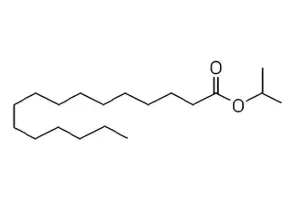
Isopropyl palmitate Properties
| Melting point | 11-13 °C |
| Boiling point | 160°C 2mm |
| Density | 0.852 g/mL at 25 °C |
| Storage | 2-8°C |
| Water solubility | Not miscible or difficult to mix with water. |
| LogP | 8.16 |
Service
* Prompt reply and 24 hours online, professional team to provide best price and high quality product.
* Sample testing support.
* Every batch of products will be tested to ensureits quality.
*The packing also can be according the customers` requirment.
*Any inquiries will be replied within 24 hours.
*we provide Commerical Invoice, Packing List, Bill of loading, COA , Health certificate and Origin certificate. If your markets have any special requirements, let us know.

